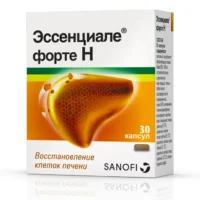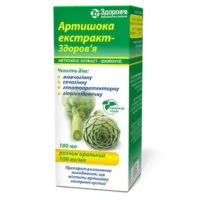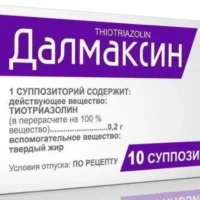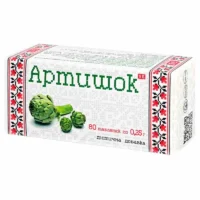Description
Glutargyn Tablets 0.25 №30
Ingredients
Glutamine 250 mg
Mechanism of Action
Glutamine, the main component of Glutargyn Tablets 0.25 №30, acts as a conditionally essential amino acid that supports the integrity of the intestinal mucosa and enhances immune function. It plays a vital role in various metabolic processes, including protein synthesis and cell proliferation.
Pharmacological Properties
Glutamine, the active ingredient in Glutargyn Tablets 0.25 №30, is crucial for maintaining intestinal health and immune system function. Its supplementation may aid in supporting gut health and overall immune function by promoting tissue repair and modulating immune responses.
Indications for Use
Glutargyn Tablets 0.25 №30 are indicated for supporting gastrointestinal health and immune function.
Contraindications
Do not use Glutargyn Tablets 0.25 №30 if you are allergic to any of the ingredients.
Side Effects
Common side effects of Glutargyn Tablets 0.25 №30 may include gastrointestinal discomfort or allergic reactions. If you experience any severe side effects, discontinue use and consult a healthcare professional.
Usage Instructions
Take 1 tablet of Glutargyn Tablets 0.25 №30 orally twice a day with water, preferably on an empty stomach.
Benefits Compared to Analogues
Compared to other similar products, Glutargyn Tablets 0.25 №30 provide a targeted combination of glutamine that specifically supports gastrointestinal health and immune function. The formulation and dosage of Glutargyn Tablets offer a convenient and effective way to incorporate glutamine supplementation into your daily routine.
Suitable Patient Groups
Glutargyn Tablets 0.25 №30 are suitable for adults, including the elderly, who require support for their gastrointestinal health and immune function. Consult a healthcare provider before administering to children or individuals with specific medical conditions.
Storage Conditions and Shelf Life
Store Glutargyn Tablets 0.25 №30 in a cool, dry place away from direct sunlight. Check the expiration date on the packaging and do not use the product after the specified shelf life has passed.
Packaging Description
Glutargyn Tablets 0.25 №30 are packaged in a blister pack containing 30 tablets. The packaging is designed to maintain the quality and integrity of the tablets throughout the shelf life.
Clinical Evidence and Proven Effectiveness
Studies have demonstrated the beneficial effects of glutamine supplementation, such as maintaining gut barrier function and reducing intestinal permeability. Clinical trials have highlighted the role of glutamine in supporting immune responses and promoting tissue repair, particularly in conditions like inflammatory bowel disease.





